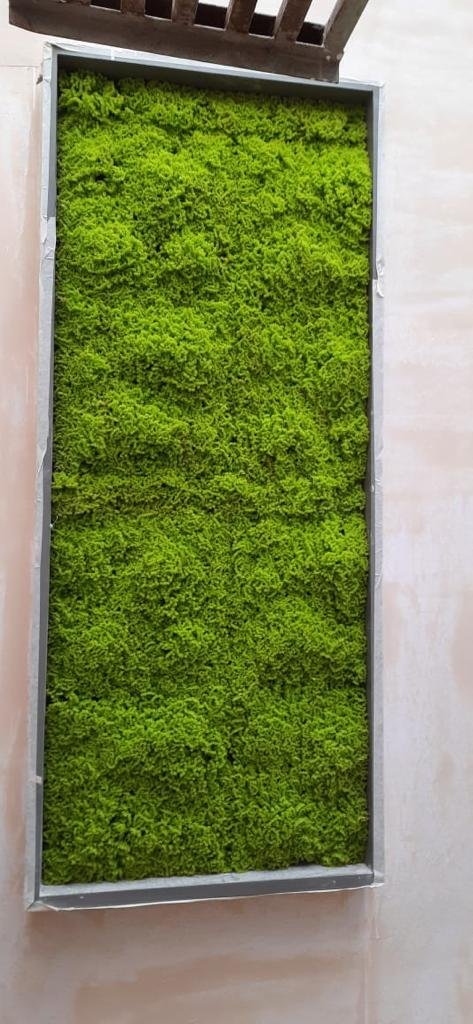Cultivating Nature’s Bounty: Exploring the World of Horticulture.
Horticulture, the science and art of growing fruits, vegetables, flowers, and ornamental plants, represents a harmonious blend of nature and human cultivation. Beyond the mere act of planting seeds and tending to plants, horticulture encompasses a spectrum of practices aimed at optimizing plant growth, enhancing beauty, and ensuring sustainable use of the land. In this article, we will delve into the captivating world of horticulture, exploring its various facets, significance, and the crucial role it plays in our daily lives.
The Essence of Horticulture
- Plant Cultivation:
- At its core, horticulture involves the cultivation of plants for various purposes, such as food production, landscaping, and ornamental displays.
- Expertise in soil management, water conservation, and plant biology is fundamental to successful horticultural practices.
- Diversity of Crops:
- Horticulture encompasses a wide variety of crops, including fruits like apples, berries, and citrus, vegetables like tomatoes and lettuce, as well as ornamental plants such as roses and tulips.
- The diversity of crops reflects the interdisciplinary nature of horticulture, incorporating aspects of botany, agronomy, and environmental science.
Key Components of Horticulture
- Olericulture:
- Olericulture focuses on the cultivation of vegetables. Horticulturists specializing in olericulture work on improving the quality, yield, and nutritional value of vegetable crops.
- Pomology:
- Pomology is the branch of horticulture dedicated to the cultivation of fruit-bearing plants. Experts in pomology strive to enhance fruit quality, optimize harvesting techniques, and develop disease-resistant varieties.
- Floriculture:
- Floriculture centers on the cultivation of flowers and ornamental plants. This branch of horticulture contributes to landscaping, gardening, and the global floral industry.
- Landscape Horticulture:
- Landscape horticulture involves the design, installation, and maintenance of outdoor spaces, including parks, gardens, and urban green areas. It combines aesthetic principles with environmental sustainability.
Significance of Horticulture
- Food Security:
- Horticulture plays a vital role in ensuring food security by providing a diverse range of fruits, vegetables, and nuts. Through sustainable practices, horticulturists contribute to global efforts to combat hunger and malnutrition.
- Environmental Conservation:
- Horticulture promotes environmental conservation by emphasizing sustainable cultivation practices, such as organic farming, agroforestry, and integrated pest management.
- Economic Impact:
- The horticultural industry is a significant contributor to the global economy. From commercial fruit orchards to flower farms, horticulture creates job opportunities, supports livelihoods, and drives economic growth.
- Aesthetic and Recreational Value:
- Beyond practical considerations, horticulture enhances the aesthetic appeal of our surroundings. Well-designed gardens, parks, and landscapes contribute to the well-being of communities by providing spaces for recreation and relaxation.
Challenges and Innovations
- Climate Change Resilience:
- Horticulturists are increasingly focused on developing crops that are resilient to the challenges posed by climate change, including extreme weather events, shifting temperature patterns, and water scarcity.
- Technology Integration:
- The integration of technology, such as precision farming, hydroponics, and vertical farming, is transforming horticulture. These innovations enhance efficiency, resource utilization, and crop yields.
- Biodiversity Conservation:
- Horticulturists are actively involved in the conservation of plant genetic diversity. Efforts include preserving heirloom varieties, developing disease-resistant strains, and supporting seed banks.
Conclusion
Horticulture, with its roots deeply embedded in our history, continues to evolve as a dynamic and indispensable field. From the sustenance provided by fruits and vegetables to the beauty offered by ornamental plants, horticulture enriches our lives in myriad ways. As we navigate the challenges of the modern world, horticulturists play a crucial role in ensuring the sustainability of our food systems, the preservation of biodiversity, and the creation of vibrant, green spaces that enhance the quality of life for people around the globe.






